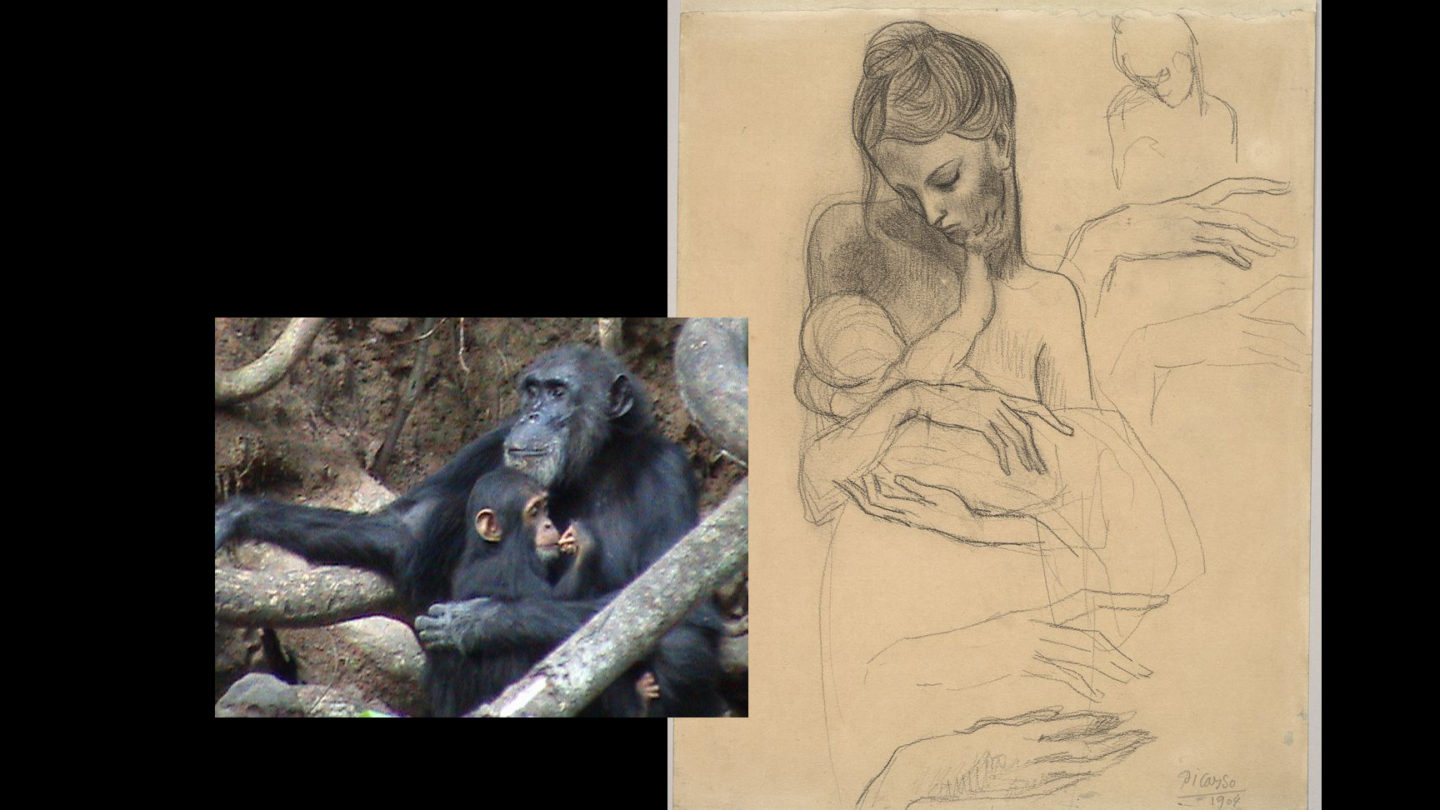Creative Uses of Psychology and Reflexivity
In this series, I summarized major arguments in A Suspicious Science: The Uses of Psychology. My exploration of the uses of psychology has emphasized the explanatory roles it fulfills within broader cultural projects. Briefly, empirical psychology seeks mechanistic explanations which then filter into popular uses of psychology, and discursive clinical …



